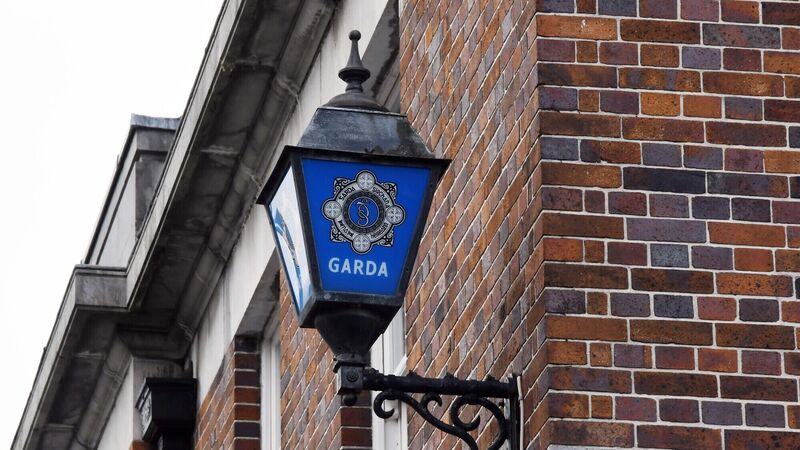Details of sex offenders can be made public under new law

The Sex Offenders (Amendment) Bill 2021 includes a number of amendments to the sex offenders register notification requirements.
Gardaí will be allowed to release details of sex offenders to the public, in certain circumstances, under new legislation.
The move will be possible under laws to strengthen the management and monitoring of sex offenders in the community, which have been published by Justice Minister Helen McEntee.










